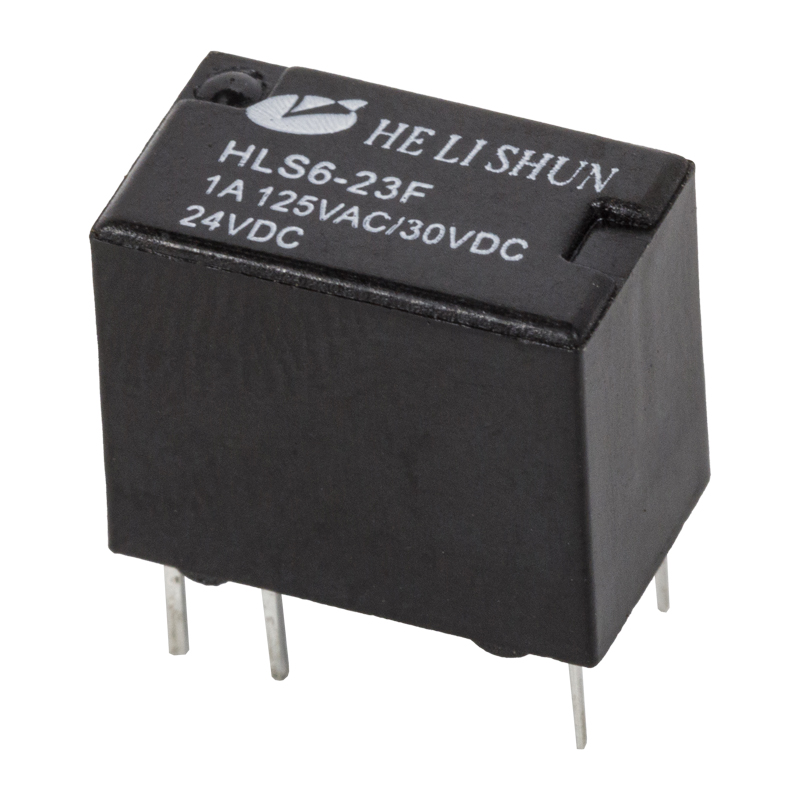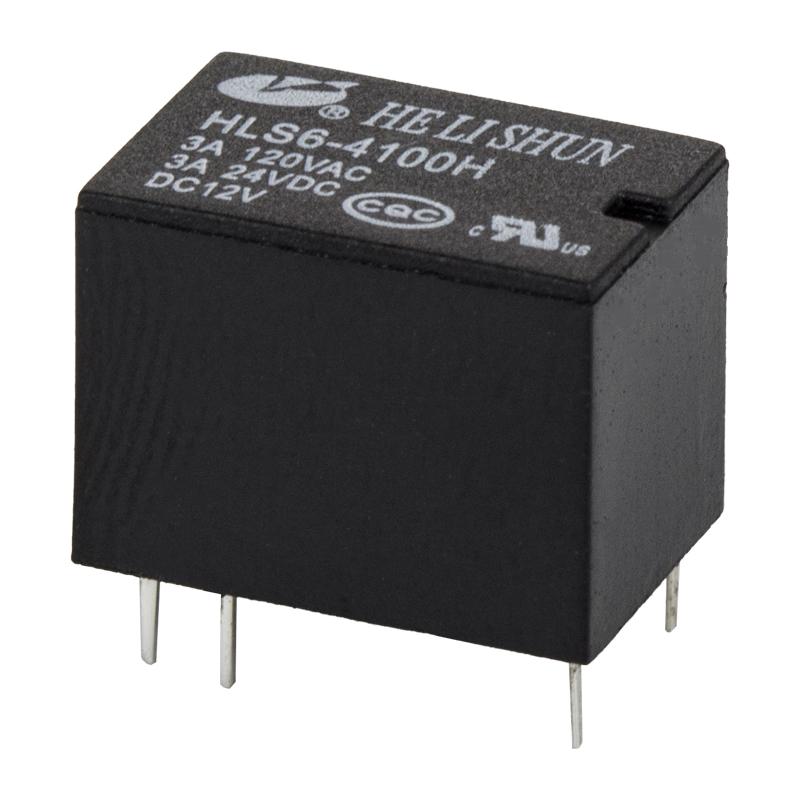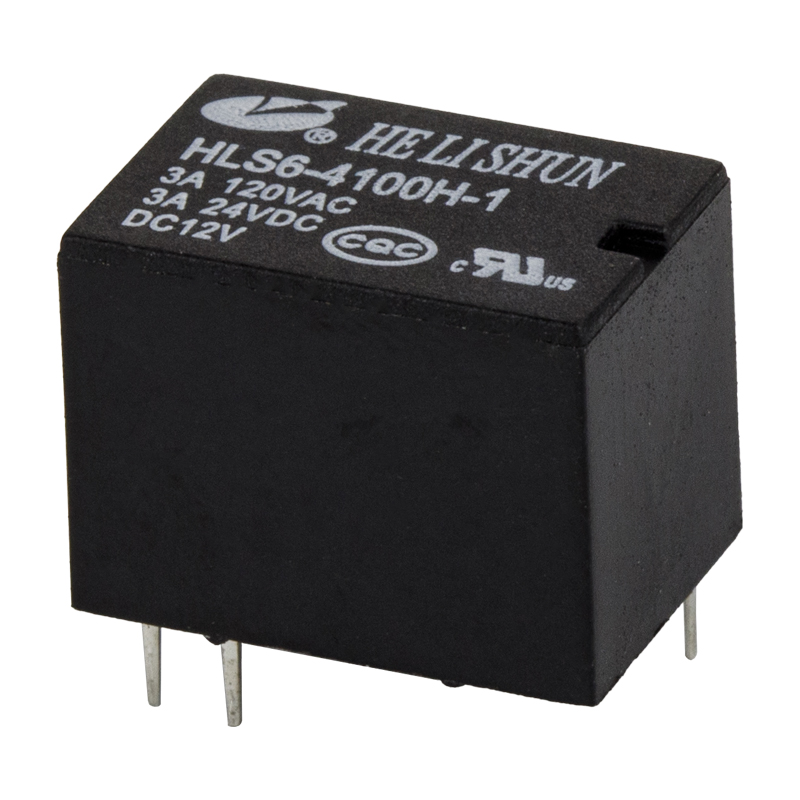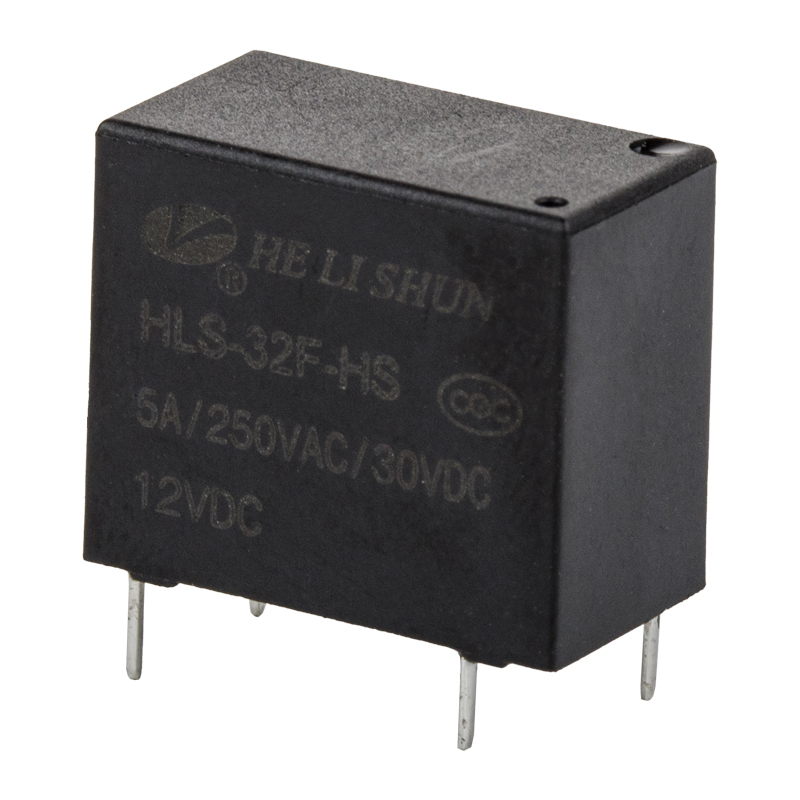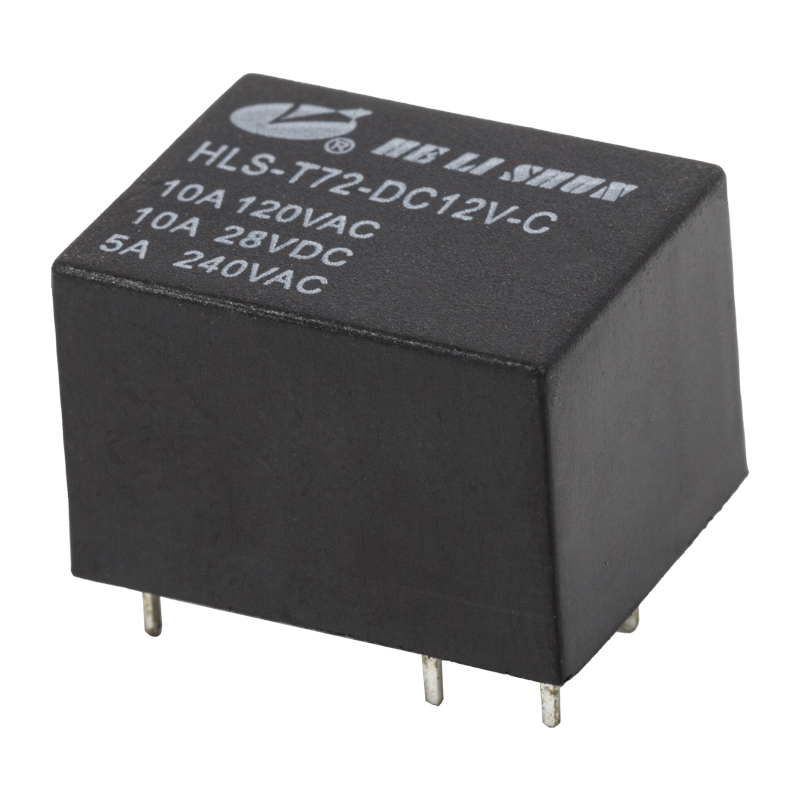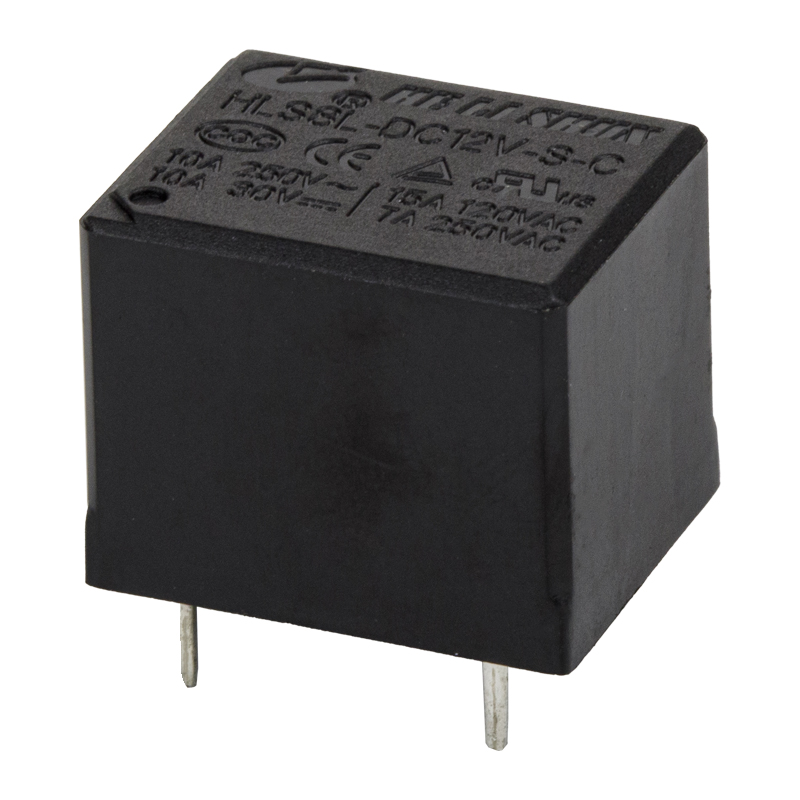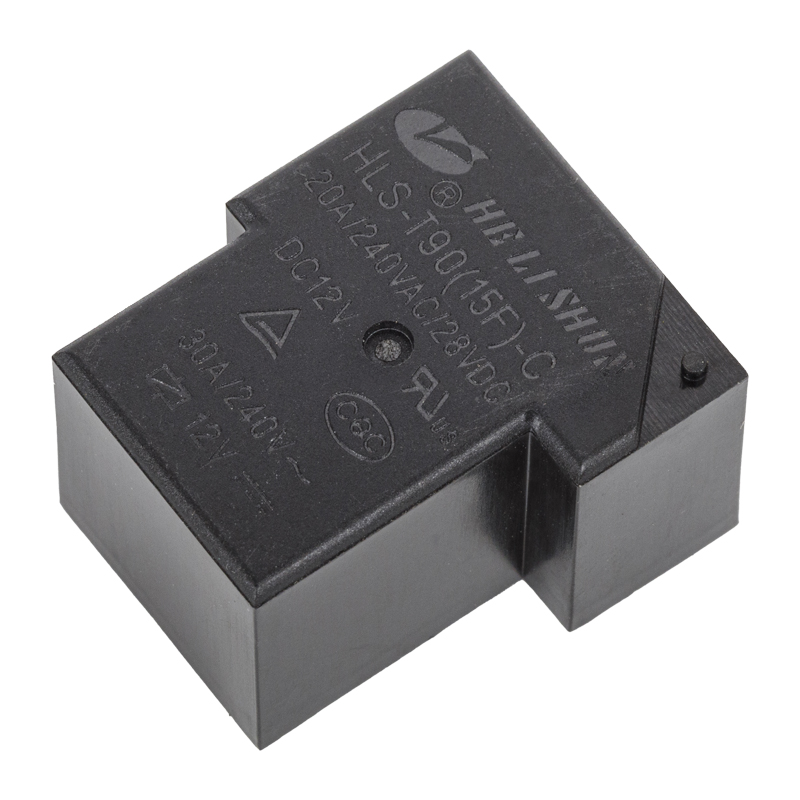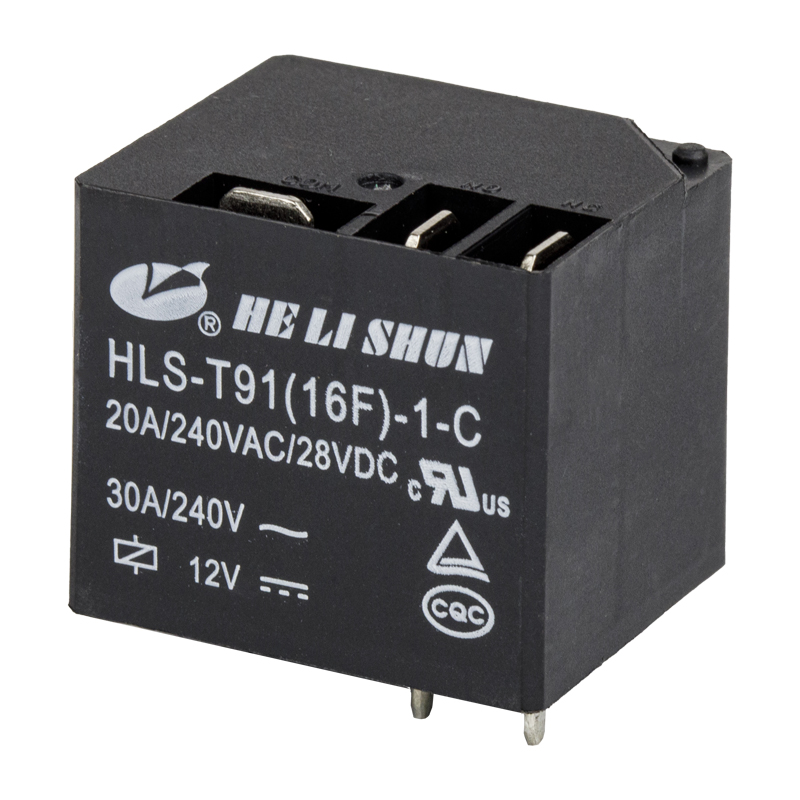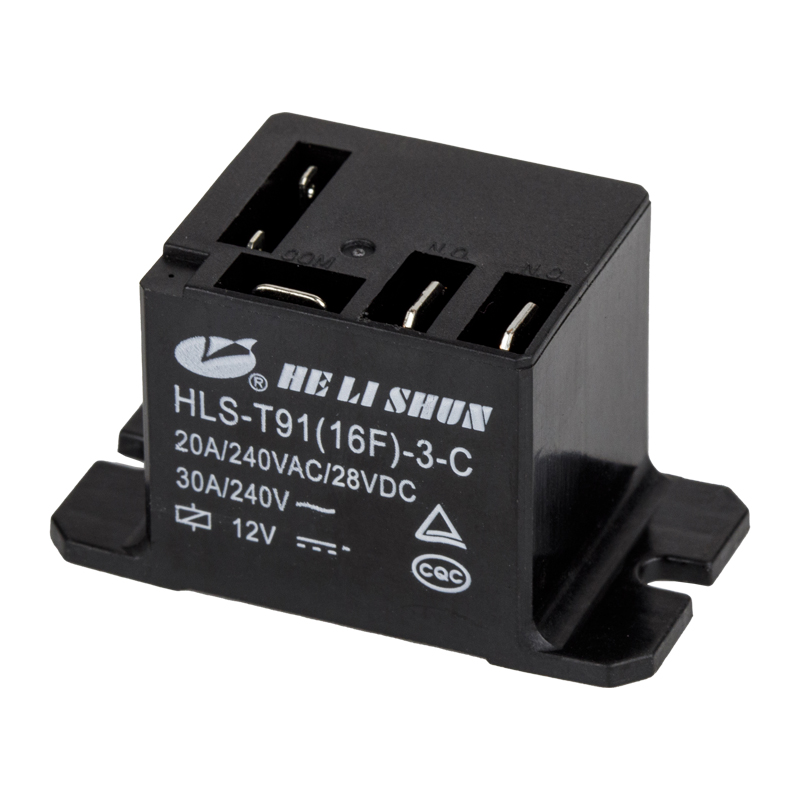Telecom relays play a critical role in ensuring reliable telecommunication. They are responsible for controlling the flow of data and communication signals within a network, and are used to switch, isolate, amplify or attenuate signals in a variety of communication applications.
To ensure reliable telecommunication, it is essential to choose the right telecom relay for your specific needs. Here are some key factors to consider:
Type of Relay: There are many types of telecom relays available, including electromechanical relays, solid-state relays, reed relays, and more. Each type has its own unique advantages and disadvantages, so it is important to choose the one that best fits your specific application.
Contact Configuration: The contact configuration of a relay refers to the number and type of contacts it has. For example, a single-pole, single-throw (SPST) relay has one set of contacts that can be either open or closed, while a double-pole, double-throw (DPDT) relay has two sets of contacts that can be in one of two positions each. The contact configuration you choose will depend on the requirements of your specific application.
Switching Capacity: The switching capacity of a relay refers to the maximum amount of current and voltage it can handle. This is an important consideration when choosing a relay, as using a relay with insufficient switching capacity can result in signal loss or damage to the relay.
Reliability: When it comes to telecom relays, reliability is key. A reliable relay should be able to perform consistently and accurately over a long period of time, even under demanding conditions.
Environmental Factors: The environment in which the relay will be used is also an important consideration. Factors such as temperature, humidity, and vibration can all affect the performance of a relay, so it is important to choose one that is designed to operate in the specific environmental conditions of your application.
By taking these factors into account, you can choose the right telecom relay for your specific needs and ensure reliable telecommunication.




 English
English 中文简体
中文简体
